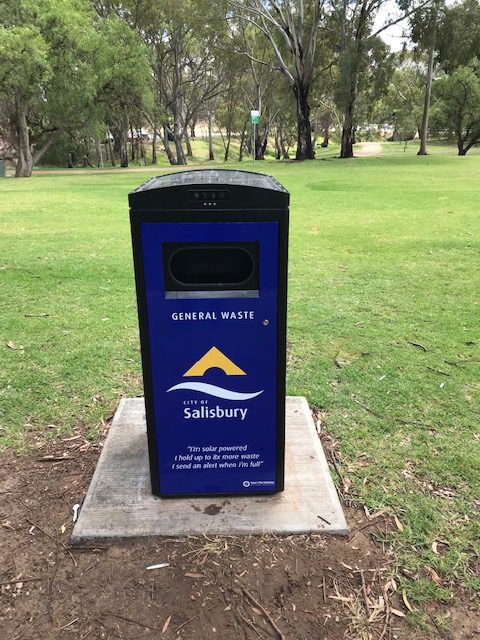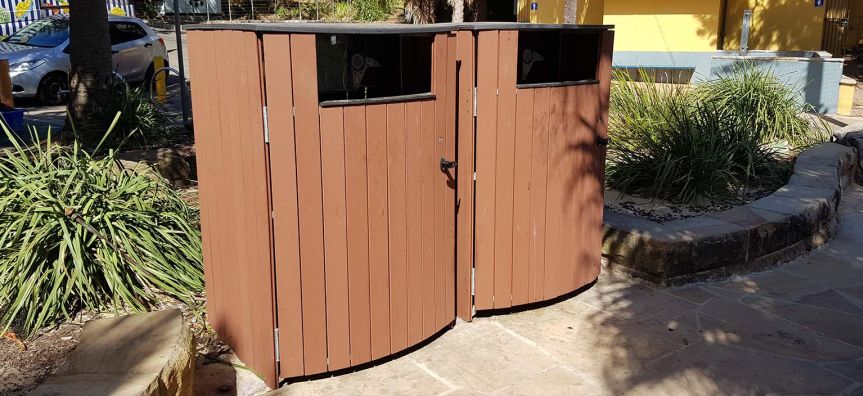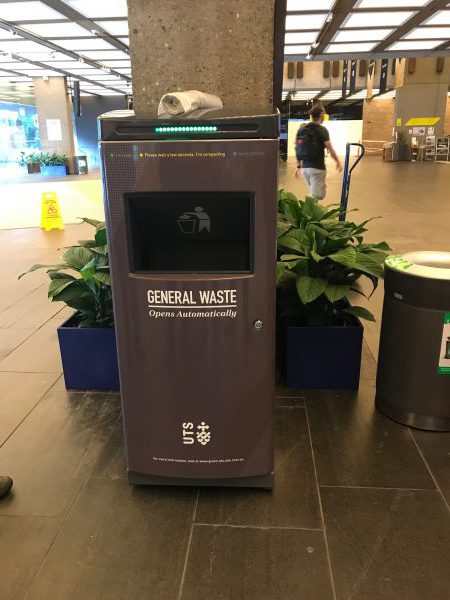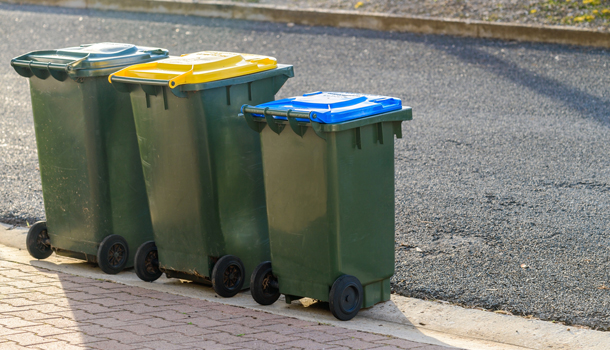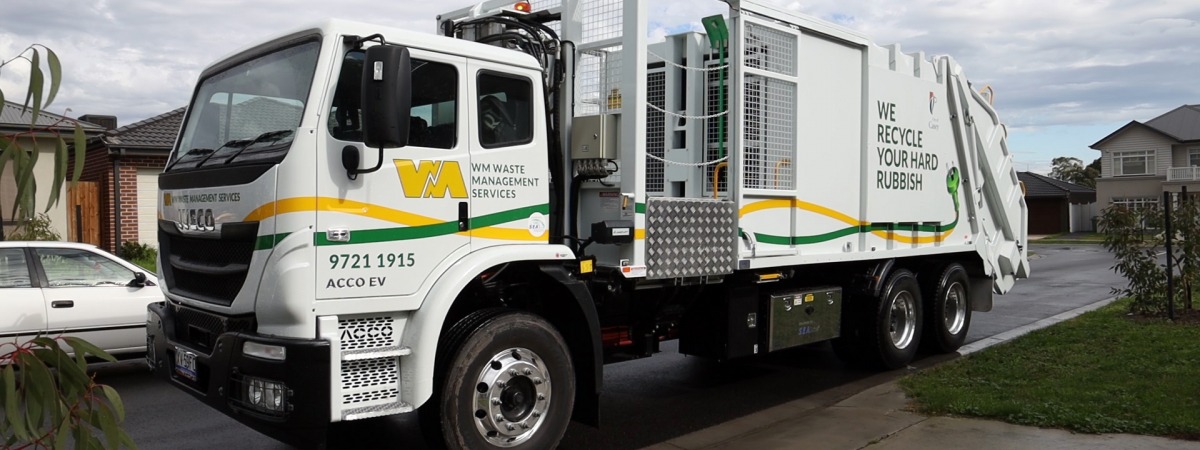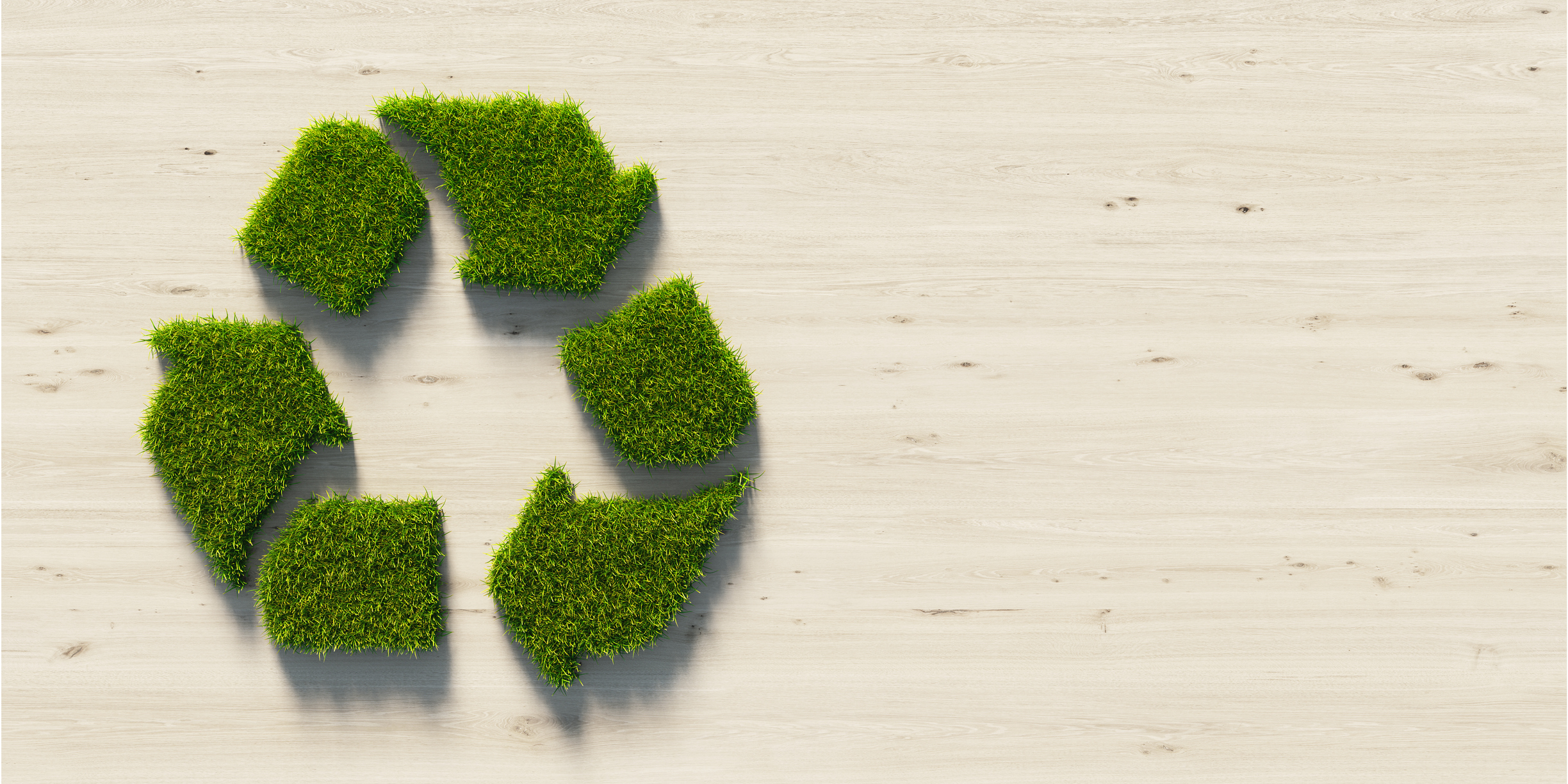
A Sydney council has launched the nation’s largest roll out of long-range smart bin technology providing real-time data about when bins need emptying and if they’ve been knocked over, moved or set on fire.
The pilot program being conducted by City of Canada Bay will see the installation of 95 smart sensors inside litter bins around Sydney’s inner west.
Belinda Koytz, sustainability and health projects coordinator for the City of Canada Bay, said the initiative is part of council’s smart city policy.
“We know we’re going to have an increased (waste management) demand with an increasing population,” she told Government News.
“But we want to make sure we’re doing it the best way we can, using the most efficient resources, so the pilot is all about assessing that.”
Data to better inform bin collecting
There are two prongs to the pilot program, Koytz said. The first involves the sensors, which are located inside the rubbish bins.
The sensors collect information about the volume of waste, bin location and temperature and send it through to Council via a platform purchased for the program. Council uses this data to set up the most efficient collection routing on the day, Koytz said.
“This provides us with real-time data, and if we don’t need to pick something up, we won’t be,” she said.
“It’s about being more efficient in the way we’re collecting bins.
“I think what we know is the more data you have the better decisions you can make. Data is the real driver for us.”
Council says the data will also help it respond more efficiently to requests from residents for more bins.
“If we can show people that there are three bins within a hundred metres and they’re only used “x” amount, then it’s a question of ‘is that the best investment?’ It’s also that conversation we can have with the community using that information.”
The second prong of the program is the Long Range Wide Area Network (LoraWan) enabled smart waste network set up by council.
The network is able to share information with minimal energy because it uses single pulses, Ms Koytz says.
“That’s why it’s low energy – because you’re not sending large pockets of data. And we’re not having to rely on 4G or 3G, this is our network that we’ve essentially set up ourselves.”
LoraWan is an open network that is also available for the community to use. Residents can connect their own devices through the “things network”, such as fridges, water metres, smoke alarms and pet trackers.
Solar compactors
In 2015, the City of Canada Bay installed 10 solar compactors in the council area. Ms Koytz says Council is still tracking data from these, with a view to putting them on the same platform used by the bin sensors.
The solar compactors have fill-level sensors that trigger a compaction unit to squash collected waste when the amount of waste in the bins reach a certain level. The bin sensors for the current pilot program are unable to compact waste.
Koytz hopes the pilot program will be beneficial to other councils as well.
“This is the largest scale roll out, as I understand, in Australia for this technology,” she said. “So we’ve gone about it quite methodically and worked together to come up with the best approach in delivering it. Hopefully it will be something that other people can learn from as well.”
Council will evaluate the pilot program in 12 months’ time with a view to installing more bin sensors throughout the area.
Other councils are also adopting the smart bin approach. Central Coast Council recently installed a new solar compaction bin and has connected 46 new sensors to existing waste stations across The Entrance town centre.
Boris Bolgoff, Director Roads, Transport, Drainage and Waste at Central Coast, says if the technology proves successful in monitoring bins during busy times of the year, reduces litter and improves planning, the the technology will be rolled out in other popular tourism and high foot traffic areas.
“I applaud council for listening to and acting upon community concerns regarding litter bins during peak holiday times,” Mayor Lisa Matthews said.
Meanwhile, Northern Beaches Council last month installed two self-compacting smart bins at Shelly Beach.
The initiative follows Waverley Council’s rollout of dozens of smart bins at Bondi Beach and Bondi Junction in late 2016. The bins, provided by Solar Bins Australia, were a success – overflowing bins were eliminated, waste collection was reduced, and fewer bins were needed in the affected areas.
This article was first published by Government News and has been republished with permission.
Read the original article here
Comment below to have your say on this story.
If you have a news story or tip-off, get in touch at info@3.106.117.80.
Sign up to INCLEAN’s newsletter.
